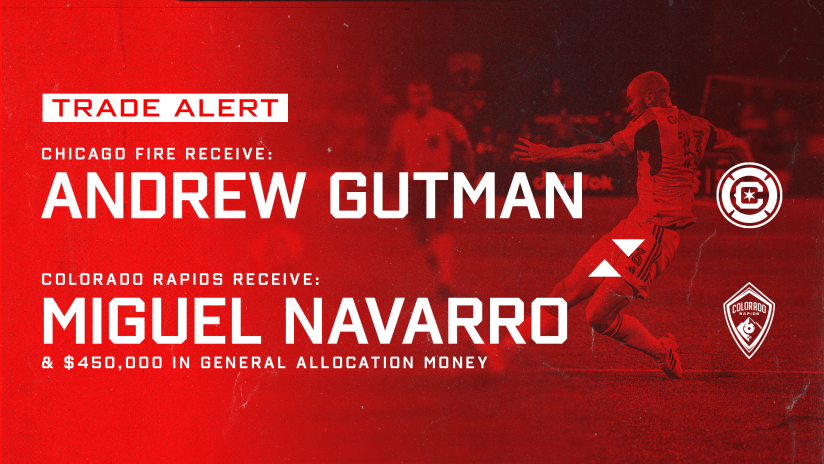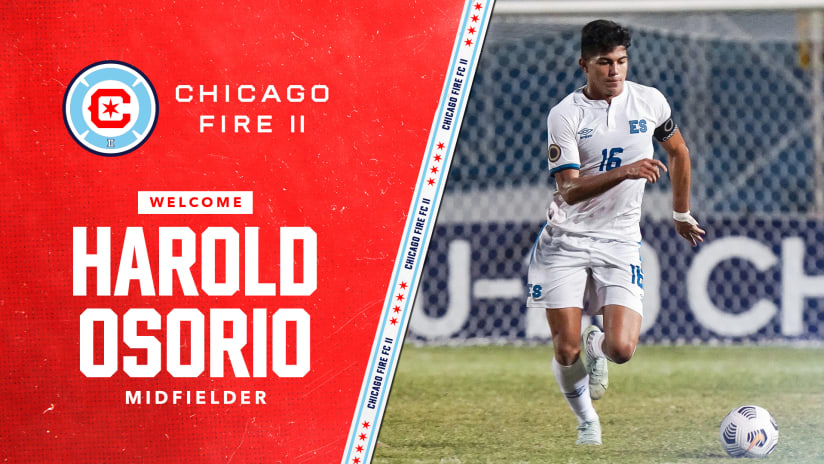BRIDGEVIEW, Ill. — Call him “the Poacher.” Chicago Fire midfielder Patrick Nyarko is making a habit out of poaching the ball and kickstarting the attack.
In April, he poached the ball from Toronto’s Torsten Frings and set up Dominic Oduro for a goal just 22 seconds into the Fire’s 3-2 win. It was the fastest goal in Fire history.
On Sunday night at Toyota Park, he scored the third-fastest goal in club history on his own. He read Andre Hainault’s eyes as the Houston right back turned to pass across the Dynamo back line and stroked home the opener in just 47 seconds into the Fire’s 3-1 win.
HIGHLIGHTS: Fire 3, HOU 1
“I was just sitting there, reading [his eyes] and I knew he was going to pass it over there,” Nyarko said. “I was just anticipating it. He was either going to make a perfect pass or it was going to skip by, and I just jumped on it. Luckily, it fell to me.”
That early goal fell right into the game plan against the possession-oriented Dynamo team. The Fire, who held just 33 percent of possession, were happy to sit back and wait for the Dynamo to make mistakes.
“The key was to stay compact and make them make those mistakes,” attacker Chris Rolfe said. “The tactic of the game was to stay tight in the back, treat it like a playoff game, counter and do our best going forward after that.”
The Fire forced another mistake in the midfield in the 18th minute, when Alvaro Fernandez collected an errant pass from Houston midfielder Corey Ashe. Fernandez found Sherjill MacDonald at the outside of the penalty area, and MacDonald’s through-pass set up Daniel Paladini, who scored his second goal in as many games.
Paladini was filling in for the injured Logan Pause at holding midfield, and was supposed to be more defensive than a goal-scoring threat.
“Just make them go sideways or backwards, that’s what [Logan] told me, and that’s what we made them do,” Paladini said. “I thought we did really well with stopping [Brad] Davis or [Je-Vaughn] Watson or whoever was in the midfield, and made them play sideways and back.
In their 4-2 loss to D.C. United 10 days ago, the Fire exerted high pressure after giving up an early goal.
Saturday’s approach was opposite.
“We’re a good counter-attacking team, and that early goal helped,” Nyarko said. “It calmed down our nerves a little bit, we didn’t have to chase, and they had to come out and play … We just stuck to our blocks, did not open up, and stayed compact and did not chase the game and concede goals like we did in D.C.”





